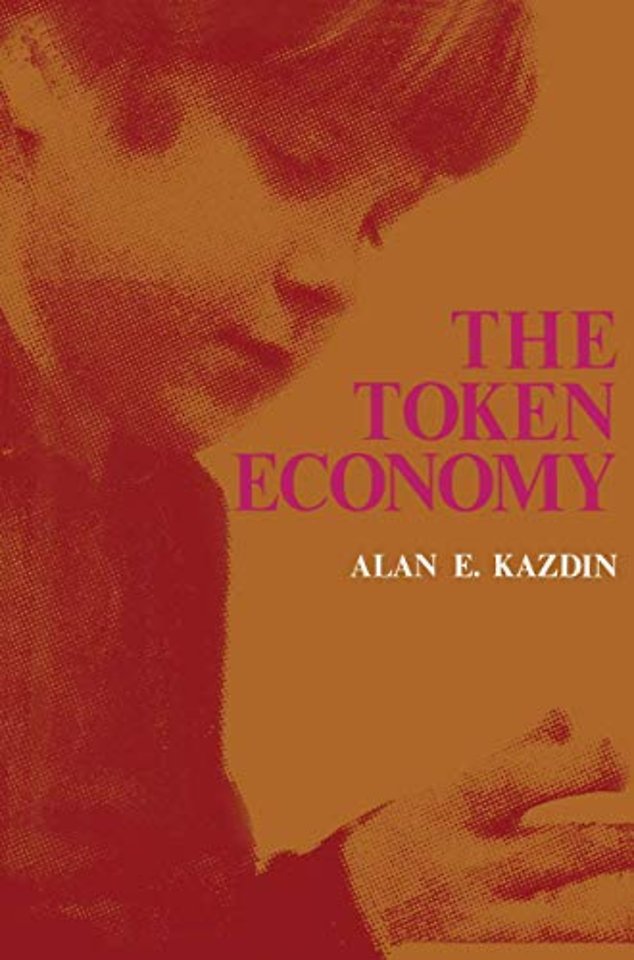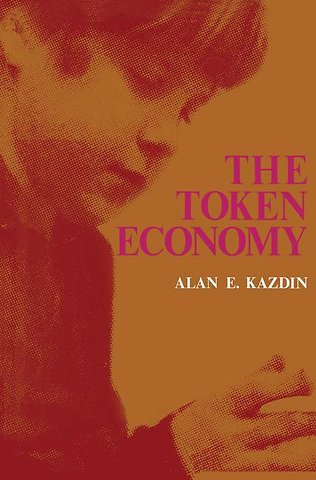The Token Economy
A Review and Evaluation
Paperback Engels 2012 9781461341239Samenvatting
Applications of operant techniques in treatment and education have proliferated in recent years. Among the various techniques, the token economy has been particu larly popular. The token economy has been extended to many populations included in psychiatry, clinical psychology, education, and the mental health fields in general. Of course, merely because a technique is applied widely does not neces sarily argue for its efficacy. Yet, the token economy has been extensively re searched. The main purpose of this book is to review, elaborate, and evaluate critically research bearing on the token economy. The book examines several features of the token economy including the variables that contribute to its efficacy, the accomplishments, limitations, and potential weaknesses, and recent advances. Because the token economy literature is vast, the book encompasses programs in diverse treatment, rehabilitation, and educational settings across a wide range of populations and behaviors. Within the last few years, a small number of books on token economies have appeared. Each of these books describes a particular token economy in one treatment ,etting, details practical problems encountered, and provides suggestions for ad ministering the program. This focus is important but neglects the extensive scholarly research on token economies. The present book reviews research across diverse settings and clients. Actually, this focus is quite relevant for implementing token economies because the research reveals those aspects and treatment variations that contribute to or enhance client performance.
Specificaties
Lezersrecensies
Inhoudsopgave
Rubrieken
- advisering
- algemeen management
- coaching en trainen
- communicatie en media
- economie
- financieel management
- inkoop en logistiek
- internet en social media
- it-management / ict
- juridisch
- leiderschap
- marketing
- mens en maatschappij
- non-profit
- ondernemen
- organisatiekunde
- personal finance
- personeelsmanagement
- persoonlijke effectiviteit
- projectmanagement
- psychologie
- reclame en verkoop
- strategisch management
- verandermanagement
- werk en loopbaan

